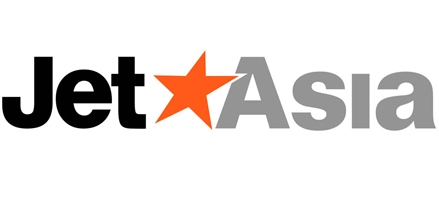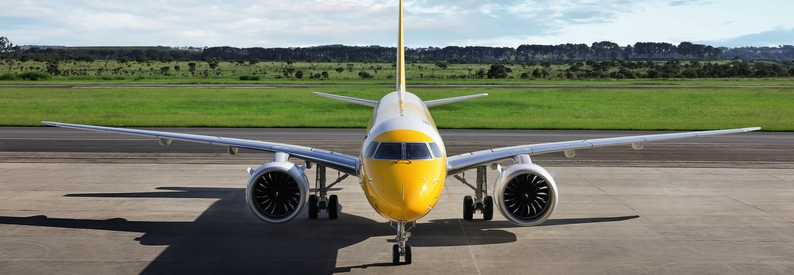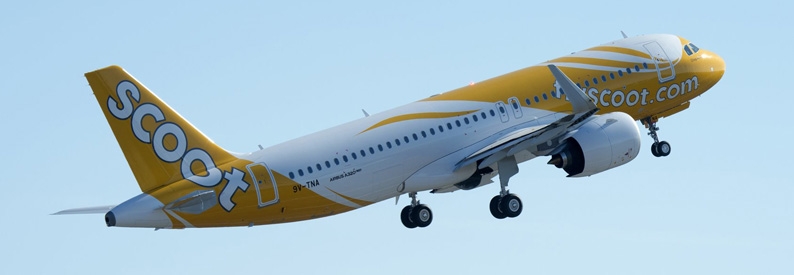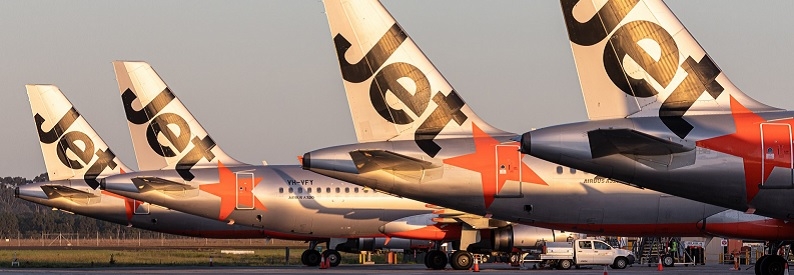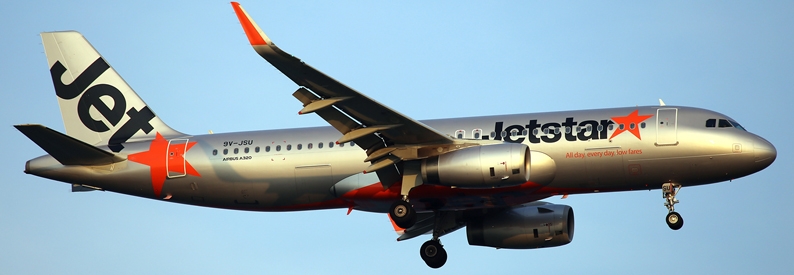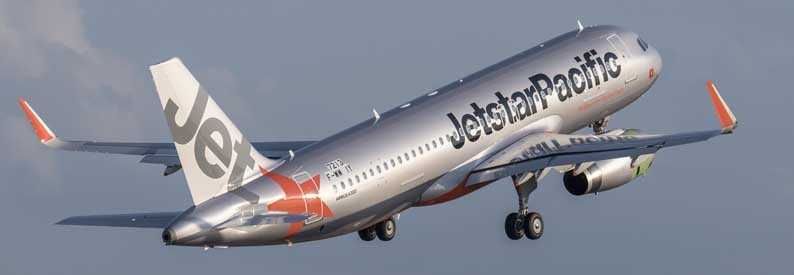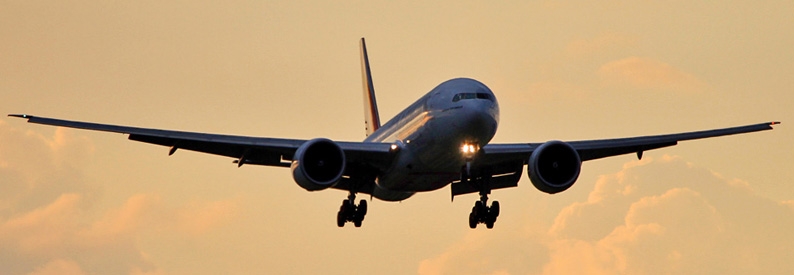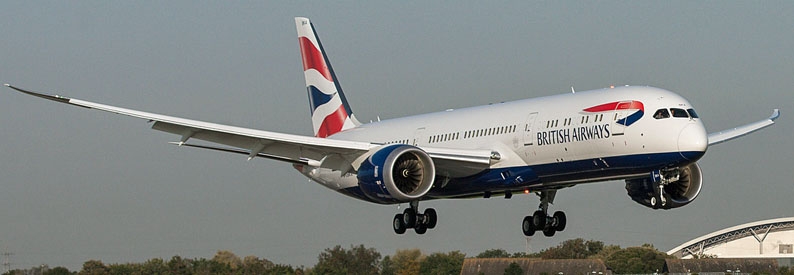Jetstar Asia Airways (Singapore Changi) will cease all operations by July 31, 2025, after shareholders Westbrook Investments and Qantas Group decided to wind down their joint venture in the face of rising supplier costs, high airport fees, and intensified competition in the region.
The Singaporean low-cost carrier will continue operating flights until the end of July, albeit on a gradually reducing network. Qantas Group confirmed in a stock market filing that the thirteen A320-200s currently operated under the Singaporean air operator's certificate will be redistributed to its "core markets" in Australia and New Zealand, unlocking around AUD500 million Australian dollars (USD325.5 million) in fleet capital.
"Despite delivering exceptional customer service and operational reliability, Jetstar Asia has been unable to deliver returns comparable to the stronger-performing core markets in the Qantas Group. The airline is expected to post a AUD35 million [USD22.8 million] underlying EBIT loss this financial year prior to the closure decision," the Australian group said.
The Qantas parent company expects to record one-off costs of AUD175 million (USD114 million) as a result of the closure. The group underlined that the closure only impacts its Singaporean operations under the '3K' code and will have no implications for its Australian unit Jetstar Airways or the Japanese joint venture with JAL Group and Tokyo Century, Jetstar Japan.
Jetstar Asia Airways currently operates thirteen A320-200s with an average age of 13.3 years. Seven are owned by Qantas Group and six are sourced from third-party lessors. The LCC operates 172 weekly scheduled departures out of its Singapore Changi base, with Bangkok Suvarnabhumi, Manila Ninoy Aquino International, and Denpasar being the busiest routes. The carrier is a 51/49 joint venture between Westbrook Investments and Qantas Group.
It is the second Jetstar JV exit by Qantas Group in recent years, following the divestment from Viet Nam's Jetstar Pacific in 2020. That LCC, now under Vietnam Airlines ownership, has subsequently rebranded as Pacific Airlines and continues to operate, albeit with financial struggles and a fleet of just two active A321-200s.
